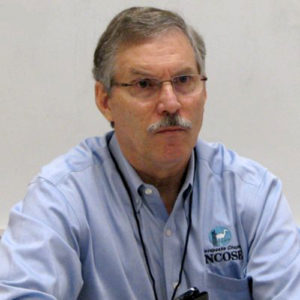
Michael E. (Mike) Pafford has over 45 years of military, government, industry, and research center experience in the concept, analysis, architecting, design, development, testing, operations, and management of complex socio-technical and cyber-physical system solutions. He holds a BS from the University of Maryland University College (UMUC) and an MS from the Naval Postgraduate School. Mike has been a member of the International Council on Systems Engineering (INCOSE) since 1998 and is a Past President of the Chesapeake Chapter. Since 2008 he has taught a “Software Systems Engineering” course for the Johns Hopkins University (JHU) MS in Systems Engineering. For the past three years Mike has facilitated workshops for Systems and Software Systems Engineers, as well as Project and Program Managers, in using Lean Startup Method (LSM) and Agile for Initial Project Planning.
An interactive Tutorial sharing a hybrid approach to Resiliency Initial Project Planning (IPP) that uses best practices from the Lean Startup Method (LSM) and Agile (Systems & Software Engineering, and Project Management). This hybrid approach was used for planning, and continues to be used for execution, in an ongoing Model-Based Systems Engineering (MBSE) project to develop a “Resilient Hospital Reference Model (RHRM)”. The RHRM MBSE project will deliver actionable components of a Decision Support System (DSS) that any hospital can use to plan for continuing its critical operations during an extended power outage. The project brings together engineers, managers, subject matter experts, and other leaders and decision makers from INCOSE, IEEE, FBI/InfraGard, and the Medical and Emergency Management professions. The project was given an award for “Collaboration in 2018” at the INCOSE International Workshop 2019. Tutorial attendees will gain insight into the hybrid LSM/Agile approach, and will also gain access to ‘how-to’ information on the approach that they can immediately use in their own projects.